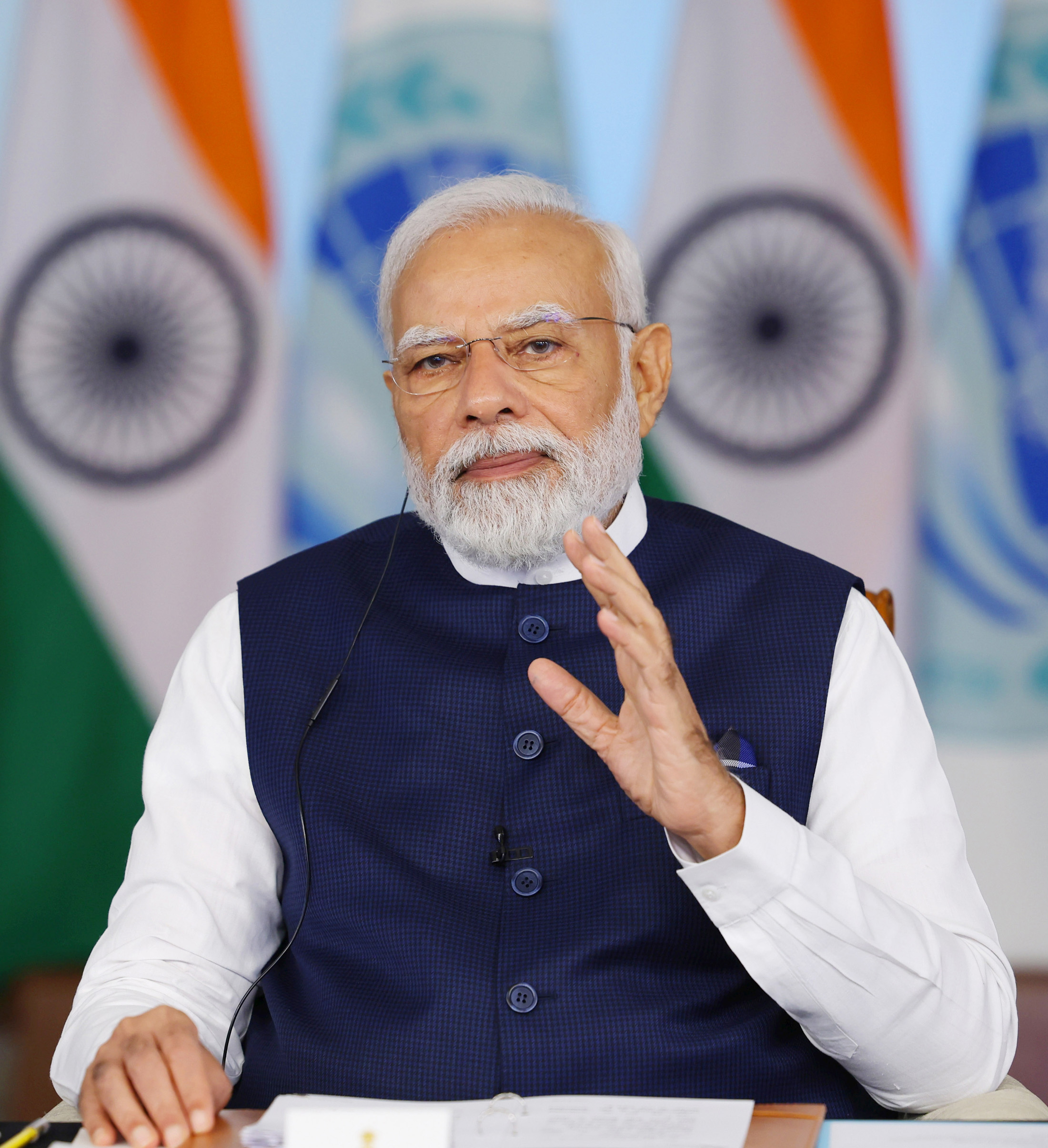How Modi Govt is squandering mandate
Ravi Shanker Kapoor | February 5, 2015 3:26 am
Whoever may become the Chief Minister of Delhi, the winner would be Aam Aadmi Party boss Arvind Kejriwal—in fact, he already is. A man who was politically battered in May last year has already resurrected from oblivion, a feat the grand old party has been unable to perform. He has given jitters to Narendra Modi’s Bharatiya Janata Party which, on the last day of campaigning for the Delhi Assembly elections, is going out firing on all cylinders for the February 7 polls. The results will be announced three days later, but the victor clearly is Kejriwal.
The rebirth of Kejriwal and his party as a potent force is primarily because of the inaction of the Modi’s government and party. For months, it wavered over the issue of elections in the national Capital. Worse, it did nothing to convince the people that it was working for achhe din. Of course, there was a lot of pomp and ceremony; new campaigns and schemes like Swachha Bharat Abhiyan, Jana Dhana Yojana, and ‘Make in India’ were announced with considerable fanfare; long speeches were made; solemn promises were made; but nothing was visible on the ground.
To be fair to Modi, not every programme can be implemented immediately; for instance, Make in India touches a various aspects of statecraft and economic policy, so it would need some time for the good results to become evident. Nor the mess created by over half a century of Congress rule can be done away with in a few months. Yet, the Modi regime could have taken a few steps, whose results were evident even if their impact were small. But it was not to be.
What we got was theatrics, not action. Instead of asking ministers, bureaucrats, and celebrities to hold brooms for the sake of Swachha Bharat—something which resulted in many a photo-op—the government should have insisted on placing dustbins in every nook and corner, building public toilets, and ensuring that cleanliness was maintained in Delhi and other urban areas. This did not require state-of-the-art technology or huge funds; nor would a genuine endeavor in this direction would have met any resistance, either from the Opposition or any other quarters.
But, unfortunately, the Modi government remained focused on symbolism. I had warned against this on October 6, 2014, ‘Swachh Bharat can be Modi’s game-changer’ (http://indiaright.org/detail.php?id=915). I wrote that “symbolism and tokenism—invoking the thoughts of Mahatma Gandhi, involving celebrities, et al—will not take the campaign very far. Yes, the huge personal interest shown by the Prime Minister can help galvanize the official machinery and sensitize the society regarding the importance of cleanliness, but the magnitude of the problem can scarcely be overemphasized.”
Further, it wrote, “the goal should be to make cleanliness a continuous and self-propelling process rather than the result of some movement, even if it begins as such. So, Modi and his team should insist on institutional, practical measures, and not on voluntary, patriotic duties like citizens devoting 100 hours a year for the purpose. The need of the hour is making systems work, and that should be the focus of the government.”
The Modi dispensation did not do any such thing.
That was not all. It also forgot other promises, the most spectacular of them being the issue of black money. Even if it did not bring back lakhs of crores from foreign banks, it could have got a fraction of it and sent a few people behind bars. Ditto with the guilty of a myriad scams during UPA rule. No leader of the previous regime has been touched by the long arm of the law.
The powers that be, however, do not seem to be in a hurry. They forget that the people gave Modi the mandate of change, not change with continuity. Complacent that they would remain ensconced for five years, the new political masters seem to be comfortable with the glacial pace of change. Why hurry? And why worry?
Well, they should hurry and they should worry because today there is a Kejriwal, and tomorrow there may be more challengers. In politics, change can happen fast. The BJP should learn from its own history. Reduced to two seats in Lok Sabha in 1984, and written off by political commentators, it had the pleasure of watching its leader taking oath for the Prime Minister’s post in 12 years flat, even though it was for just 13 days; he returned two years later to rule for six years.
The saffron party should take Kejriwal’s resurrection as an early warning signal. There is only one lesson to learn: symbolism, claptrap, and jamborees are no substitute for governance. As the Nike trademark says, just do it.






























